A Mother Accused
 Tuesday, December 15, 2009 at 8:42PM
Tuesday, December 15, 2009 at 8:42PM Andrea D. Lyon’s new book, Angel of Death Row: My life as a Death Penalty Defense Lawyer, is due to hit bookstores next month. An excerpt from her book has been published online at Scribd. Titled A Mother Accused, it chronicles the experience of a young mother accused of the murder of her baby girl and how the attorney, then in her thirties, handled the case. It’s a rather interesting choice, since, at first glance, it could easily be the title of the new chapter in her life - representing a young mother who stands on the edge of death for murdering her two-year-old daughter.
 Before I begin deciphering the excerpt, I want to make clear my intention. I do not take kindly to name calling. Andrea Lyon did not get to her position as the Director of the Center for Justice in Capital Cases and Clinical Professor of Law, plus Associate Dean for Clinical Programs at DePaul University based on looks alone. Albert Einstein was no Cary Grant and Stephen Hawking is no George Clooney, but they are the two most brilliant minds to come down the pike in my lifetime. I have no doubt about Andrea Lyon’s credentials and attorneys do what attorneys do. If you denounce her, you must denounce the lot of them who defend murder suspects. I will assess her role in the innocent man’s spending 26 years in prison for the crime he didn’t commit, but first a little more background and a closer look at what she wrote in her book.
Before I begin deciphering the excerpt, I want to make clear my intention. I do not take kindly to name calling. Andrea Lyon did not get to her position as the Director of the Center for Justice in Capital Cases and Clinical Professor of Law, plus Associate Dean for Clinical Programs at DePaul University based on looks alone. Albert Einstein was no Cary Grant and Stephen Hawking is no George Clooney, but they are the two most brilliant minds to come down the pike in my lifetime. I have no doubt about Andrea Lyon’s credentials and attorneys do what attorneys do. If you denounce her, you must denounce the lot of them who defend murder suspects. I will assess her role in the innocent man’s spending 26 years in prison for the crime he didn’t commit, but first a little more background and a closer look at what she wrote in her book.
Lyon has tried more than 130 homicide cases in and out of the public defender’s office. She has defended more than 30 potential capital cases at the trial level and of those, she took 19 through the penalty phase, winning every one of them. Dubbed the “Angel of Death Row” by the Chicago Tribune, she was the first woman to serve as a lead attorney on a death penalty case. Alan M. Dershowitz once said that she “was born to be an angel of death row, and a devil to those who see execution as a quick fix for the social ills of our age.”
There is no doubt that criminal defense attorneys, and certainly Lyon, are dead set against the death penalty. In her very first case, as she defended the young mother, this excerpt takes a look at how her mind works…
A Mother Accused begins with Andrea Lyon’s initial revulsion upon learning that she would be defending the mother of a dead baby and how much she dreaded when that day would come. Damn. A dead baby case. She begins this odyssey with her work in child advocacy during law school, where she represented children who were subjected to abuse and neglect. She wrote that no matter what, those children still loved their parents and it was very seldom they would want to leave their homes, no matter how miserable they were. She had a problem deciding when the state should step in, so she intended to stay away from work involving abused children. OK, it was not her cup of tea. I can understand that. A decade later, she was a homicide public defender and had to represent this woman charged with first-degree murder. The mother had admitted to hitting the girl so hard in the stomach that the duodenum separating the stomach from the intestines had burst. The toddler’s own body had poisoned her.
When Lyon entered the interview room at the women’s jail, she introduced herself and began to ask questions. The “small, slender African-American woman with delicate features and big eyes” was reluctant to talk. The young mother asked if it was safe to talk to her. She wondered if she would get in any trouble. Lyon told the girl whatever she was told, she was not allowed to disclose any of it without her permission. The only exception to the rule is if the client intends to commit a crime and, by warning, an attorney can prevent it. Attorney-client privilege is a very serious matter, in other words.
The girl opened up. She told Lyon she wanted to go to her baby’s funeral. That’s what she said to the police after they told her what to say so she could go. Confess to the crime, so she did. Police didn’t chain her up, they didn’t starve her, and they didn’t lay a finger on her. Instead, they used what Lyon describes as effective police coercion. They took advantage of the woman’s emotional vulnerability to get her to confess. Meanwhile, a felony review assistant from the Chicago prosecutor’s office questioned her later and she told him what the officers told her to say. She said she had falsely confessed to the murder.
In the end, it was Lyon’s tenacious spirit and hard work that solved the crime. The young mother did not kill her baby. When she realized something was wrong, she went from the neighborhood health clinic to, not one, but two emergency rooms and it wasn’t until a nurse arrived accompanying a relative that she recognized the toddler had gone into cardiac arrest. Immediately, after hours and hours of waiting, she got help. By then, it was too late. The ER staff had administered CPR with full hand instead of fingers or the heel of the hand and that compounded the child’s problems. In the end, she died, but Lyon was able to ascertain that a babysitter was responsible, along with ER doctors. The toddler had accidentally plunged down the stairs of the apartment building. The mother and her boyfriend had saved up to go out for the evening. The stairs had no railings. It was rife with rough, splintered, nail embedded wooden steps. The little girl cried afterward, but seemed OK and the babysitter put her to bed. Had it not been for Lyon, we’d probably never know what would have happened to that young mother. Would she still be in prison or working on another appeal for a crime she did not commit?
OK, let’s get back to the matter at hand. Of course, police can’t legally coerce a confession out of anyone. They can’t really tell a gang member they’ll rat on him if he doesn’t tell them what they want to hear. Most assuredly, when word gets out on the street, that is a death sentence as sure as what the court could do. More so, and I understand how bad cops work. (See: I’d like to thank the prosecutor’s wife)
In her book, Andrea Lyon states that there is constitutional protection against a person being compelled to testify against himself. That doesn’t mean the defendant need not take the stand. What it does mean is that a confession that isn’t voluntary cannot be used. Because judges don’t want to appear soft on crime and the police would, invariably, deny coercion, this woman would spend her life in jail. My point is that we cannot always look at law enforcement as the good guys in white hats. There are bad apples in every bushel. That’s all I am saying and I am not implying it in the Anthony case, where I feel everything has been followed to the letter of the law. However, Casey’s defense may speculate on some of those tactics. Right or wrong, this isn’t about cops gone bad. This is about what a defense should do and it is to protect their client. Right now, is it Lyon’s job to defend Casey regarding her guilt or innocence or is it to keep her from the throes of death?
♦
Andrea Lyon addressed the issue of an innocent man spending 26 years of his life in prison. I understand the legal ramifications and what this is all about. However, it is not my position to take a stand on the right or wrong of her decision. I will merely explain why she did what she did, in her own words, and let you decide and discuss it. I will proffer my opinion on who else could be blamed.
She wrote about two colleagues of hers who were representing a man who truthfully confessed to shooting two police officers. The lawyers were able to avoid the death penalty, but their client would spend the rest of his life in prison. Lyon had helped with the investigation and in writing motions. At one point, the client told his lawyers - not Lyon - that he had committed an additional murder for which another man was on trial. The client could have faced the death penalty and refused to confess. The innocent man was convicted and sentenced to life in prison. Remember attorney-client privilege? Hoping the guilty man would release his lawyers so they could reveal the truth, the man never did and they were bound by law to remain silent. Their client never relented, but the attorneys, including Lyon, drafted an affidavit early on, which she notarized, and hid in a lockbox. She said her colleagues consulted legal experts, “seeking some exception to privilege.” Each time, the answer was no, there is none. Their obligation rested solely with their client.
We all know the outcome. 26 years later, the guilty man died and his attorneys were free to divulge the truth. The innocent man was soon released, but that was no prize. He would never get those 26 years of his life back. What Lyon wrote was that while the morality of the system may be debatable, the law and legal ethics are not. She was bound by law and professional ethics to keep her mouth shut. This leads me to a question and it’s two-fold. Was it completely Andrea Lyons fault, the guilty man’s attorneys fault, or was it the state’s fault for bringing up charges against this man to begin with? What did prosecutors do to not only implicate an innocent man, but to impress upon a jury that the man was guilty, guilty, guilty? What did law enforcement do? To me, it is evident that they didn’t do a very good job, and if there is blame on Lyon, which is, technically, secondary, what caused the primary players to be so errant? Why is no one condemning the lawyers who represented the guilty man? Does anyone even know their names? Why not the authorities?
 On a final note, before you condemn me for defending Andrea Lyon, understand that it is far from the truth. I condemn the death penalty, I have the right to believe in it or not, and I have the right to defend myself against personal attacks. Remember, you are allowed your own system of beliefs, too, and none of us are on trial. If you do condemn Lyon for who she represents, talk to Madison Hobley. He was on death row for a crime he did not commit. According to the book’s introduction, she has made it her life to defend clients who cannot afford a lawyer, just like him, and like Casey Anthony, they are the people many would love to see dead. Personally, I would rather see her spend the rest of her life in prison if found guilty. I will never understand how anyone could be against abortion, but for the death penalty. A life is a life is a life, whether tainted by sin or not. That is my opinion only. Who am I to play God with another person’s life? Who are we, nothing more than armchair sleuths, to decide? When did we cross the line from examining the crime to playing judge and jury?
On a final note, before you condemn me for defending Andrea Lyon, understand that it is far from the truth. I condemn the death penalty, I have the right to believe in it or not, and I have the right to defend myself against personal attacks. Remember, you are allowed your own system of beliefs, too, and none of us are on trial. If you do condemn Lyon for who she represents, talk to Madison Hobley. He was on death row for a crime he did not commit. According to the book’s introduction, she has made it her life to defend clients who cannot afford a lawyer, just like him, and like Casey Anthony, they are the people many would love to see dead. Personally, I would rather see her spend the rest of her life in prison if found guilty. I will never understand how anyone could be against abortion, but for the death penalty. A life is a life is a life, whether tainted by sin or not. That is my opinion only. Who am I to play God with another person’s life? Who are we, nothing more than armchair sleuths, to decide? When did we cross the line from examining the crime to playing judge and jury?

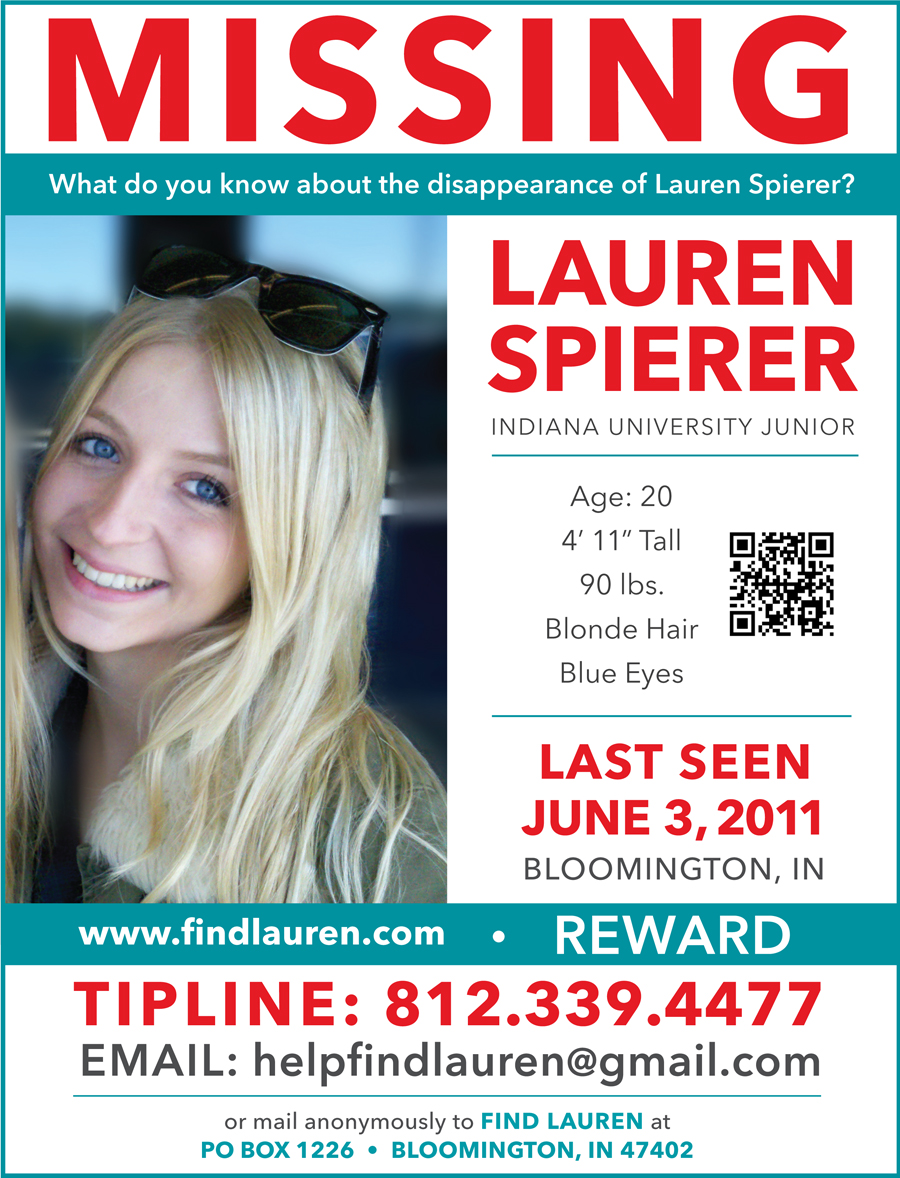

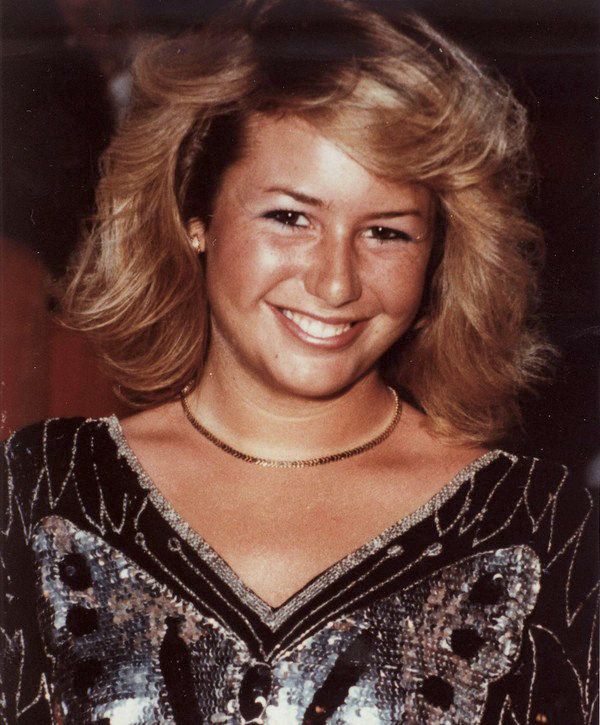
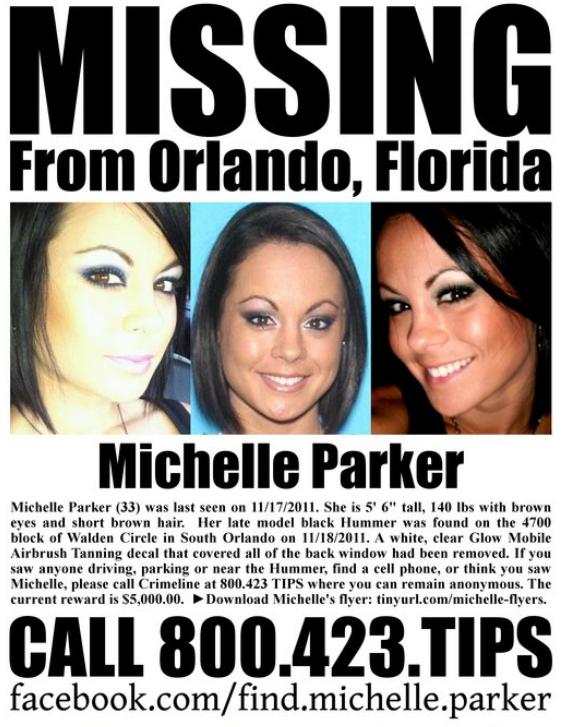
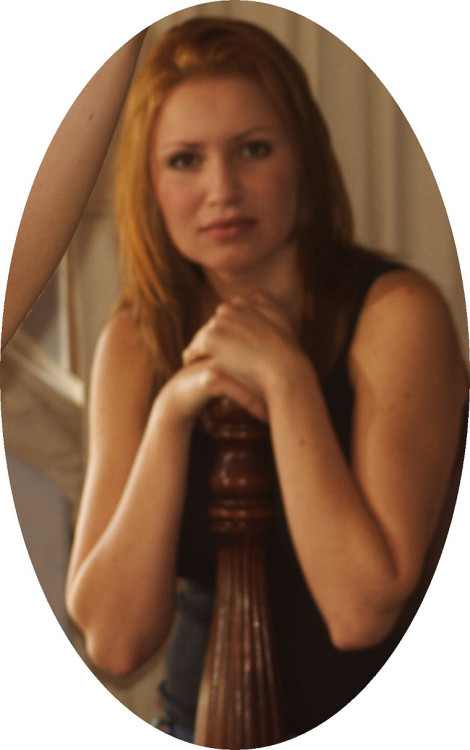
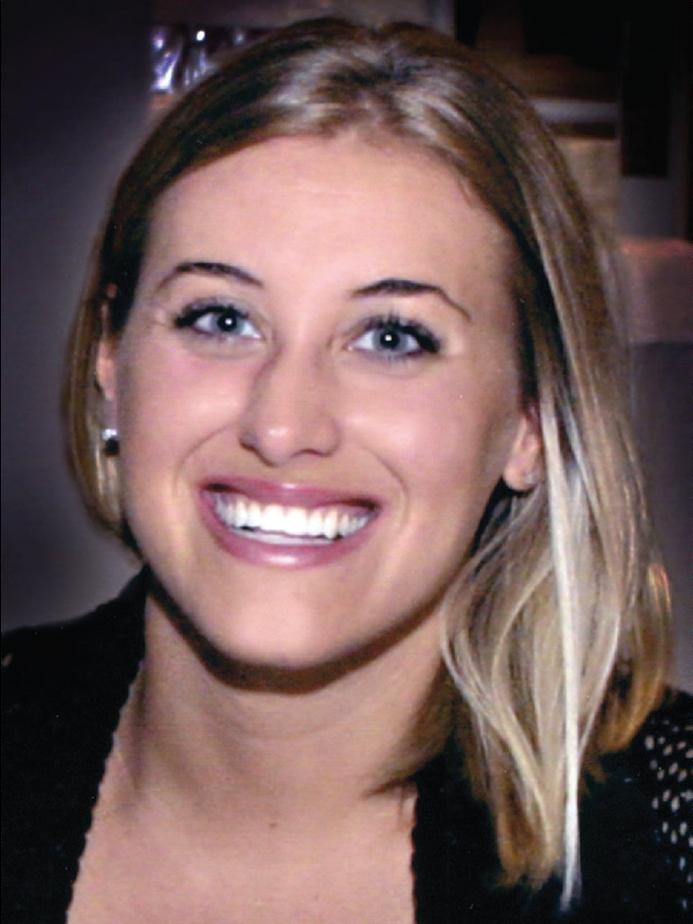






 LEGAL NOTICE
©David B. Knechel. All Rights Reserved. No portion of this site can be reproduced in it's entirety or in part without expressed written permission by the owner/administrator of this site in accordance with the Digital Millennium Copyright Act. Section 512(c)(3) of the U.S. Copyright Act, 17 U.S.C. §512(c)(3). The charges against defendants are mere accusations and the subjects are presumed innocent until found guilty in a court of law.
LEGAL NOTICE
©David B. Knechel. All Rights Reserved. No portion of this site can be reproduced in it's entirety or in part without expressed written permission by the owner/administrator of this site in accordance with the Digital Millennium Copyright Act. Section 512(c)(3) of the U.S. Copyright Act, 17 U.S.C. §512(c)(3). The charges against defendants are mere accusations and the subjects are presumed innocent until found guilty in a court of law.
Reader Comments